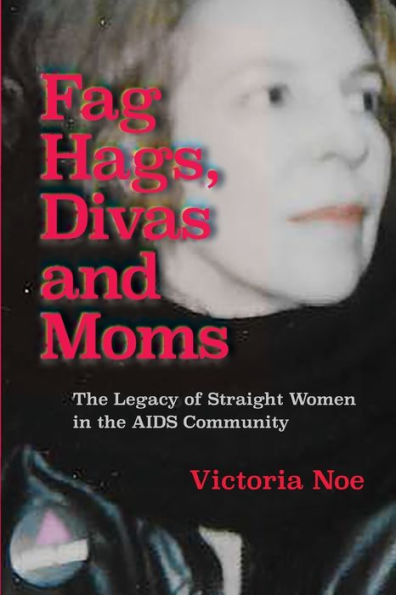Speak Your Mind, Even if Your Voice Shakes
 Writers are often told to keep politics out of their public lives: don’t post about issues or politicians (pro or con). Don’t wear buttons, put campaign signs in your windows, bumper stickers on your car. Don’t participate in marches or testify at public hearings.
Writers are often told to keep politics out of their public lives: don’t post about issues or politicians (pro or con). Don’t wear buttons, put campaign signs in your windows, bumper stickers on your car. Don’t participate in marches or testify at public hearings.That advice typically comes from traditional publishing: agents and publishers who are afraid of anything that might adversely affect sales and their personal bottom lines. It’s not necessarily bad advice.
If you know for a fact that your audience skews in a certain political direction and you are the polar opposite, you very well may lose readers by sharing your views. There’s always the chance that you will gain readers, but that’s not how the argument is framed. And besides, what do current events have to do with what you write?
You’d be surprised.
I know writers who create worlds filled with characters who strive for equality and peace. I know writers who use their historical fiction to draw parallels to our world today. I know writers of contemporary fiction who focus on critical issues: military veterans struggling with civilian life, women escaping domestic violence, parents raising children with a range of disabilities. All of those topics are political, too. They are reflected in public policy and campaign slogans. So it’s possible that these writers face criticism for their books’ positions on this important issues.
For those of us who write nonfiction, it’s almost unavoidable. Even cookbook authors talk about how we grow our food, working conditions of farm workers and appreciation of the cultures that offer us a seemingly endless variety of foods.
Several of my books have focused on topics that are subject to all kinds of debate. After Friend Grief and 9/11: The Forgotten Mourners was published, a conspiracy theory troll commented on my blog. There is nothing political about the content in my book: it’s simply about how people coped with losing friends who died in the Twin Towers. It was my decision whether or not to engage with him. I didn’t. I deleted his comments.
I knew my books about AIDS would probably draw those who, like the late Sen. Jesse Helms, believe the virus is the consequence of a deviant lifestyle. Once a man walked up to my table at a large author book fair. He looked at the cover of Friend Grief and AIDS: Thirty Years of Burying Our Friends, and made a comment. I don’t remember the exact words, but it was along those same lines. Our eyes locked and I said nothing. Absolutely nothing. And I’m proud to say he slunk away.
In case you think I’m too passive-aggressive with my responses, there have been other instances. Some of them come online, when I call out people who spread misinformation. Some of them come in person, such as the time I decided to use a man’s question - “Whatever happened to AIDS? You never hear about it anymore.” - as an opportunity for dialogue.
Writing about the HIV/AIDS community is impossible without being involved in other ways. I’m a member of ACT UP/NY. I go to conferences, readings, screenings and panel discussions. I donate money, sign petitions and march. I participate in actions (no arrests so far).
I don’t believe I could write about any of this while keeping a physical and emotional distance. Well, I could. In fact, I tried when I first started writing my blog. I thought I was educating and that meant being objective. But I became a better writer when I became fully invested in what I was writing.
There are countries where writers are jailed, exiled, even murdered for implied or overt criticism of authority: Jamal Khashoggi is just the most recent, most public example. The freedom to write - and to write what we honestly believe - is a privilege to be cherished.
So for the writers who speak their minds, knowing full well the risk they take, you have my respect and support.
For those who want to, but fear the consequences, I understand. Remember, though, that the world is almost always better off when we speak up for the things that are important to us.
The mission of PenAmerica is to unite writers and their allies to celebrate creative expression and defend the liberties that make it possible. Learn more about them here.

